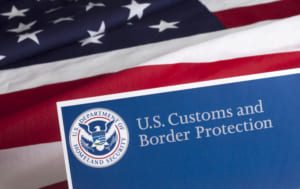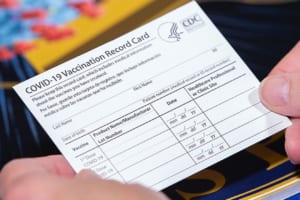 United States Customs and Border Protection (“CBP”) has commenced a 90-day small scale pilot program aimed at collecting DNA samples from certain individuals who are currently in federal custody within the Detroit Sector and the Eagle Pass Port of Entry in Southwestern Texas.
United States Customs and Border Protection (“CBP”) has commenced a 90-day small scale pilot program aimed at collecting DNA samples from certain individuals who are currently in federal custody within the Detroit Sector and the Eagle Pass Port of Entry in Southwestern Texas.
The purpose of the pilot program according to CBP is to assess the operational impact of a Department of Justice proposed regulation amendment that requires DNA collection from certain individuals. Those DNA samples are to be submitted to the FBI’s Combined DNA Index System also known as CODIS. These regulations apply to individuals who are arrested, facing charges or are convicted and which includes U.S. citizens, lawful permanent residents and non-U.S. citizens who are detained by a U.S. government agency including Customs and Border Patrol.
The amendment proposed by the Department of Justice would likewise remove a provision which grants authority to the Secretary of Homeland Security to exempt the DNA collection requirement from certain aliens from whom DNA collection was previously not feasible because of limited resources. The amendment furthermore restores the Attorney General’s plenary legal authority to authorize and direct all federal agencies to collect DNA samples from all individuals arrested, facing charges, or convicted regardless of whether those individuals are U.S. citizens, provided that they are detained under federal authority.
For more information about the CBP Pilot Program, please contact us at
ENTERLINE & PARTNERS CONSULTING








